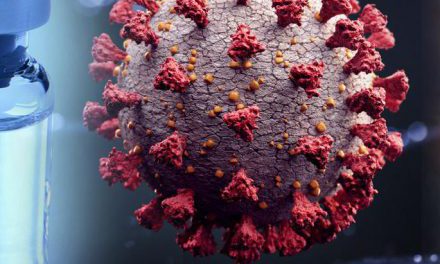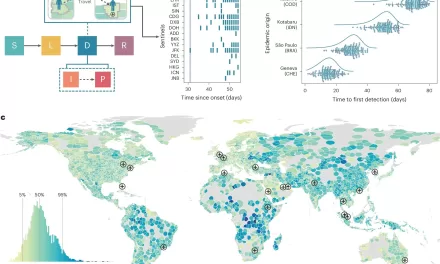The persistent myth that vaccines cause autism has resurfaced recently, fueled by public figures such as Robert F. Kennedy Jr., a contender for the role of U.S. Secretary of Health and Human Services, and President-elect Donald Trump. At a recent press conference, Trump remarked on the “rising autism rates” and pledged to investigate the matter, despite overwhelming scientific evidence debunking this claim.
From a research standpoint, vaccines like those for diphtheria, tetanus, polio, and measles have been extensively studied. Data from numerous countries confirm that these vaccines are not linked to autism or the rising rates of its diagnosis. Yet, the misconception remains pervasive. Here are nine reasons why:
1. Lack of Awareness of Evidence
Scientific research often remains confined to specialized communities and is not readily accessible to the public. Popular media, which thrives on controversy, tends to amplify doubts rather than clarify established findings.
2. Challenges in Understanding Science
Science is complex, and the public often seeks definitive answers where none exist. While evidence shows vaccines do not cause autism, science cannot entirely exclude the possibility of extremely rare cases, leading to confusion and mistrust.
3. Doubt in Scientific Institutions
Public skepticism about science is fueled by perceived elitism, reports of misconduct, and conspiracy theories involving the pharmaceutical industry. For many, the probabilistic nature of scientific findings feels less reliable than personal opinions or anecdotal experiences.
4. Invisible Success of Vaccines
Vaccination programs have eradicated or controlled many deadly diseases, making their benefits less visible. This success paradoxically fosters the belief that vaccines are unnecessary.
5. Misinterpretation of Immune Reactions
Vaccines are designed to provoke an immune response, which can cause mild side effects like fever or swelling. These reactions, while harmless, can be misinterpreted as signs of harm.
6. Timing of Autism Diagnosis
Autism symptoms often emerge during the same developmental window as routine childhood vaccinations. This coincidental timing can lead parents to falsely associate the two.
7. Ethical Concerns Over Infant Vaccination
Administering vaccines to infants without an immediate medical emergency can feel unnatural or invasive to some parents. The ethical complexity of consenting on behalf of a child further complicates perceptions.
8. Past Issues with Less-Established Vaccines
Concerns about vaccine safety are amplified by incidents involving newer vaccines, such as the 2009 swine flu vaccine linked to narcolepsy cases in Europe. Such incidents cast a shadow over well-established vaccines.
9. Polarized Vaccine Debates
Public discussions about vaccines have become highly polarized, particularly after the COVID-19 pandemic. The marginalization of vaccine skeptics during this period may have deepened mistrust.
Moving Forward
To combat misinformation, there must be better communication of scientific findings, a focus on transparency, and a distinction between established and newer vaccines. Open and respectful dialogue is crucial in rebuilding public trust and ensuring the continued success of vaccination programs.
Source: The Conversation












